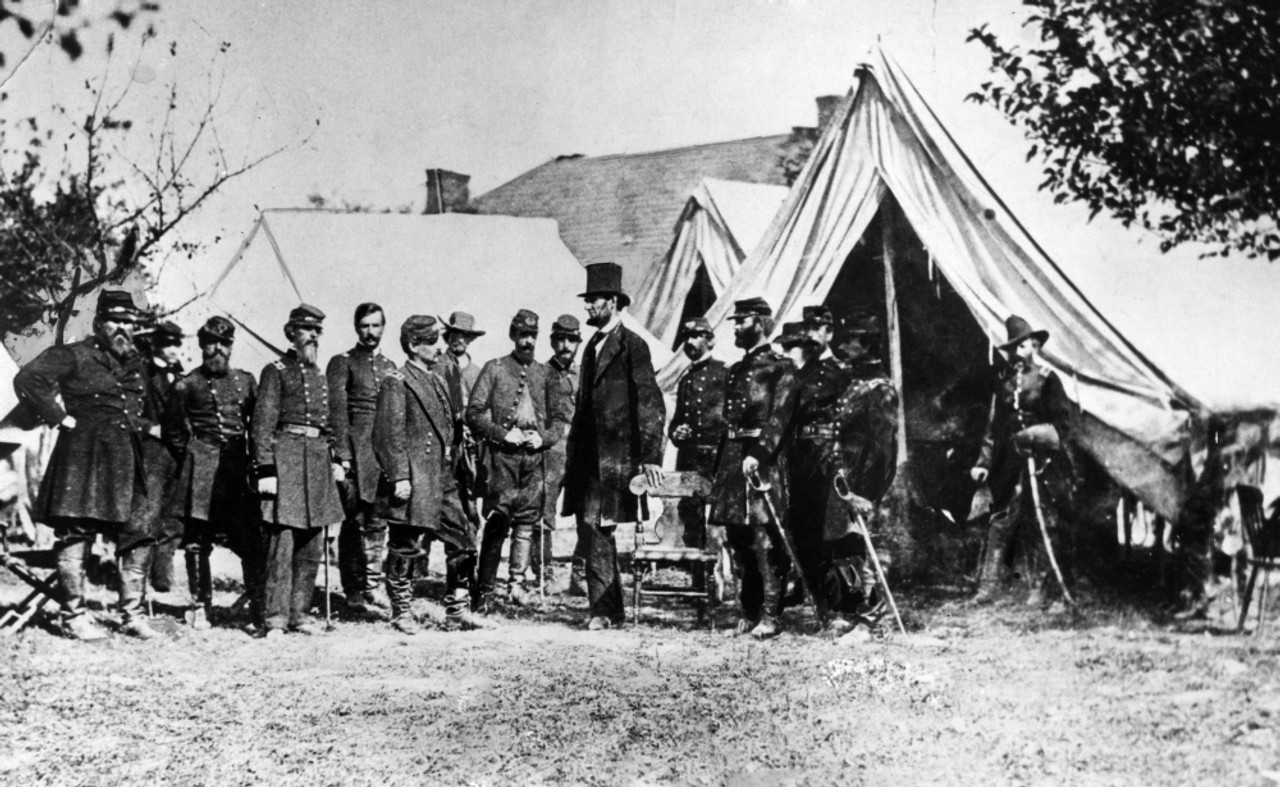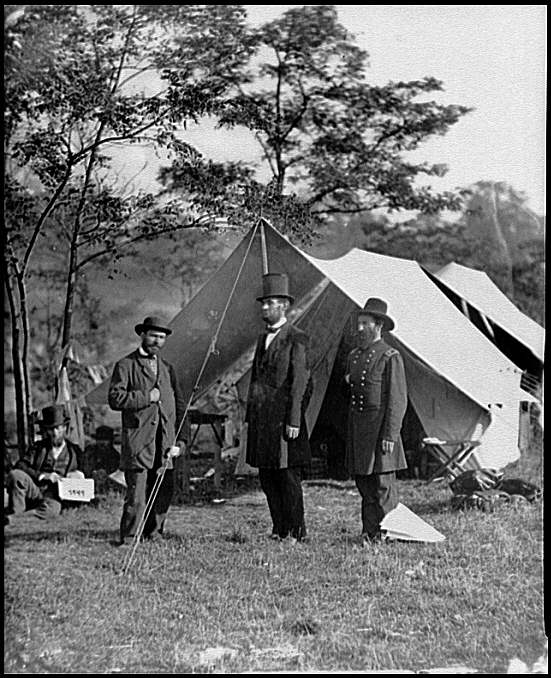Authors:
Historic Era: Era 5: Civil War and Reconstruction (1850-1877)
Historic Theme:
Subject:
Winter 2009, Summer 2025 | Volume 58, Issue 6


Authors:
Historic Era: Era 5: Civil War and Reconstruction (1850-1877)
Historic Theme:
Subject:
Winter 2009, Summer 2025 | Volume 58, Issue 6

On July 27, 1848, a tall, raw-boned Whig congressman from Illinois rose in the House of Representatives to challenge the Mexican War policies of President James K. Polk. An opponent of what he considered an unjust war, Abraham Lincoln mocked his own meager record as a militia captain who had seen no action in the Black Hawk War of 1832. “By the way, Mr. Speaker, did you know I am a military hero?” asked Lincoln. “Yes, sir . . . I fought, bled, and came away” after “charges upon the wild onions” and “a good many struggles with the musketoes.”
Lincoln might not have indulged his famous sense of humor in this fashion had he known that 13 years later he would become commander in chief in a war that turned out to be 47 times more lethal for American soldiers than that with Mexico. On his way to Washington in February 1861 as president-elect of a disintegrating nation, he spoke far more gravely. He looked back on another war, which had given birth to the nation that now seemed in danger of perishing from the Earth. In a speech to the New Jersey legislature at Trenton, Lincoln recalled the story of George Washington and his tiny army, which had crossed the ice-choked Delaware River in a driving sleet storm on Christmas night of 1776 to surprise the Hessians in Trenton. “There must have been something more than common that those men struggled for,” said the president-elect. “Something even more than National Independence . . . something that held out a great promise to all the people of the world for all time to come. I am exceedingly anxious that the Union, the Constitution, and the liberties of the people shall be perpetuated in accordance with the original idea for which that struggle was made.”
Lincoln faced a steep learning curve as supreme commander in the war that broke out less than two months after he spoke at Trenton. He was also painfully aware that his adversary, Jefferson Davis, was much better prepared. A West Point graduate, Davis had fought bravely as colonel of a Mississippi regiment in Mexico and also served as an excellent secretary of war from 1853 to 1857—while Lincoln’s only military experience was his combat with mosquitoes in 1832. Lincoln possessed a keen analytical mind, however, and a fierce determination to master any subject to which he applied himself, a trait that can be traced to his childhood.
“Among my earliest recollections,” Lincoln told an acquaintance in 1860, “I remember how,